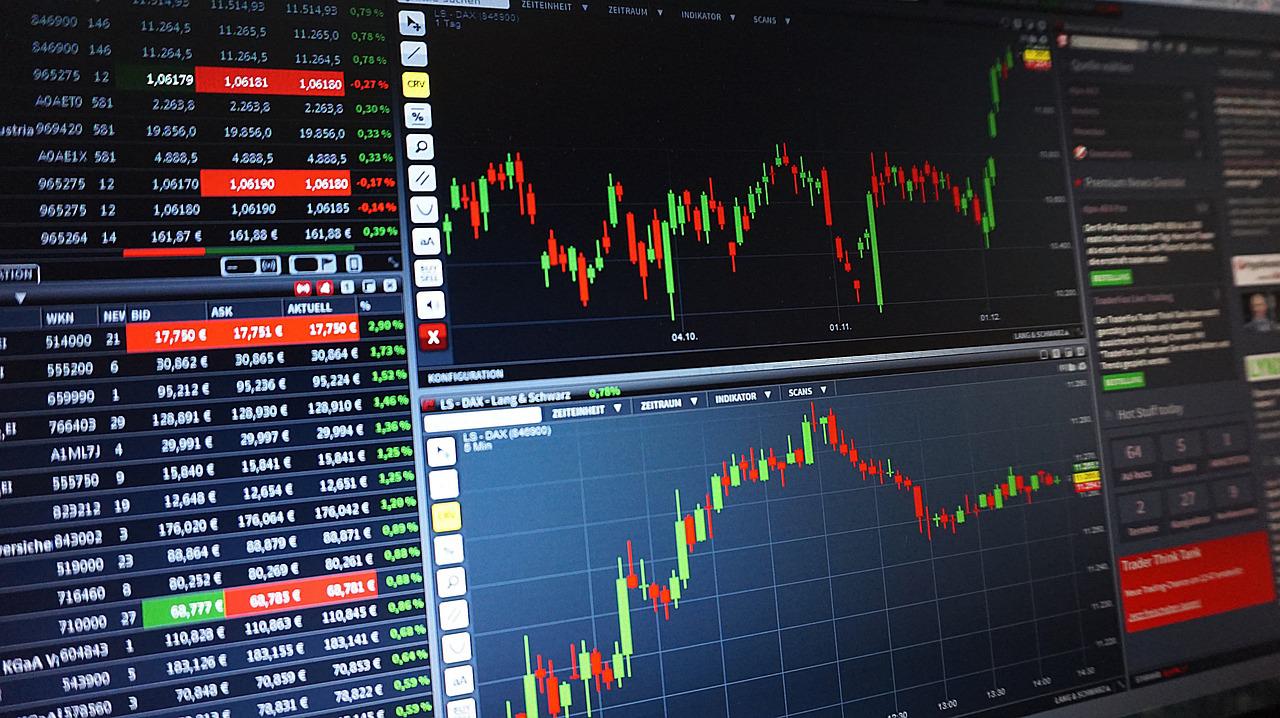Investing vs. Trading What’s the Real Difference?
When I first started learning about money and the stock market, I honestly thought investing and trading were the same thing. Both involve buying and selling stuff, right? But as I later found out (the hard way), they’re actually very different games and they suit completely different personalities.
So, what’s the difference?
Think of investing like planting a tree you plant it, water it, and wait patiently for it to grow. That’s what investors do. They buy things like stocks, bonds, property, or ETFs, and hold them for the long term years, even decades waiting for them to grow in value.
Trading, on the other hand, is more like flipping something for a quick profit. Traders buy and sell over short periods days, sometimes even minutes trying to take advantage of small price changes.
I’ve actually tried both. I started off with stock trading, and when that didn’t go so well, I thought maybe forex trading would be easier (spoiler alert: it wasn’t!). Between watching charts, reacting to every little market move, and staying up at odd hours to catch global trading sessions, it was exhausting. The stress wasn’t worth it for me and to be honest, I lost more than I made.
These days, I’ve found my comfort zone with ETFs (Exchange-Traded Funds). They’re much more passive I invest regularly, let the market do its thing, and check in every now and then. It’s far less stressful, and it fits my lifestyle better.
Why people invest
People invest because they want their money to work for them quietly, in the background. It’s about patience and long-term growth, not quick wins. Sure, there’s always some risk involved, but with research, consistency, and time, investing can be one of the most reliable ways to build wealth.
You’ve got a few main ways to invest:
- Stocks: You own part of a company.
- Bonds: You lend money and earn interest.
- Mutual funds: You pool your money with others for a mix of investments.
- ETFs: A simple, low-cost way to invest in multiple companies at once.
You probably won’t get rich overnight and that’s okay. The real magic happens over time. I used to check my investments daily, but now I just stick to my plan and give it time to grow.
How much should you invest?
There’s no magic number it depends on your goals, income, and how comfortable you are with risk. Generally, riskier investments like stocks can bring bigger rewards (and bigger drops), while conservative investments like bonds are steadier but grow slower.
If you’re investing for something like retirement, it’s really about starting early and being consistent. Even small amounts can grow surprisingly well over time compound interest is a quiet powerhouse.
Why people trade
Trading, on the other hand, is for those who like the thrill of the market. Traders often speculate buying now because they think prices will go up soon. Others use trading to hedge their investments, meaning they try to protect themselves from losses if markets swing unexpectedly.
It’s fast, exciting, and sometimes profitable but also risky and time-consuming. For me, the emotional ups and downs just weren’t worth it.
Different types of traders
There are a few types:
- Day traders buy and sell within a single day, sometimes within minutes.
- Swing traders hold for days or weeks, waiting for the right moment.
- Position traders hold for longer, a few months at most.
When I tried trading, I quickly learned that it demands constant attention, quick decision-making, and a thick skin. A small mistake can cost you a lot. It’s definitely not “set and forget” which is why I switched to investing instead.
The costs of trading
Trading isn’t free. Every trade comes with broker fees, and they can add up especially if you’re active. Fees depend on:
- How much you trade
- What kind of trade it is (stocks, options, etc.)
- The type of broker (online vs traditional)
- How many trades you make in a year
I didn’t realize how much those little costs could eat into profits until I saw my account balance shrinking even when I thought I was doing “okay.” Another reason I love ETFs fewer trades, fewer fees.
What can you trade or invest in?
There’s a wide range of assets to explore:
- Stocks
- Bonds
- Commodities (like gold, oil, coffee)
- Currencies (Forex)
- Futures and options
Each comes with its own level of risk. For beginners, I’d say start small, learn how each works, and don’t put all your money in one place.
Final thoughts
Here’s what I’ve learned from experience: trading isn’t for everyone and that’s perfectly fine. It’s fast, intense, and risky. Investing, on the other hand, feels calmer and more sustainable, especially if you’re busy or prefer a hands-off approach.
I’ve made my fair share of mistakes, but I’ve also learned that patience usually pays off more than chasing quick profits. These days, I’m happy keeping my money in ETFs, watching it grow slowly, and sleeping peacefully at night instead of stressing over charts.
At the end of the day, whether you choose to trade or invest depends on your personality. Just remember your financial journey should fit your lifestyle, not the other way around.







0 Comments